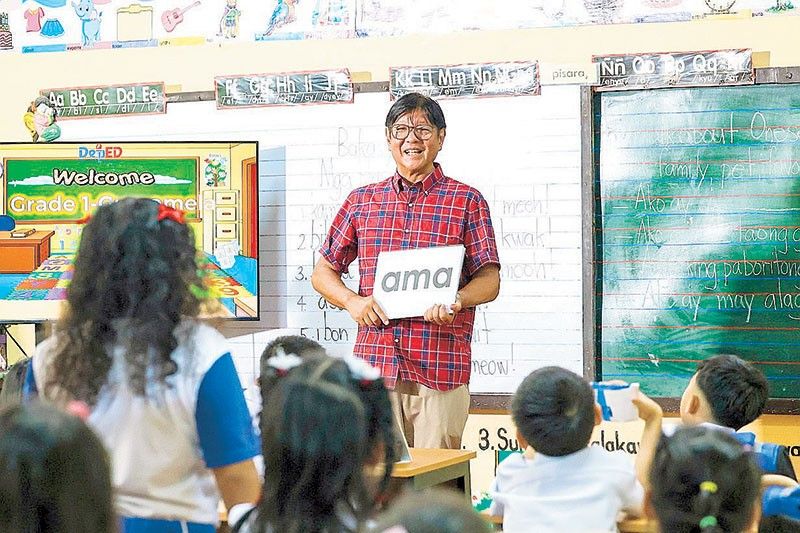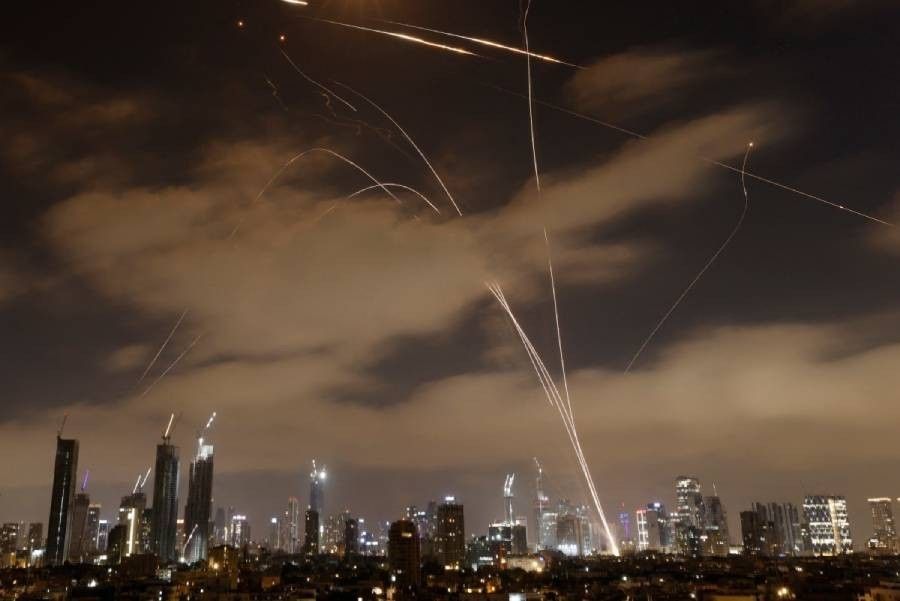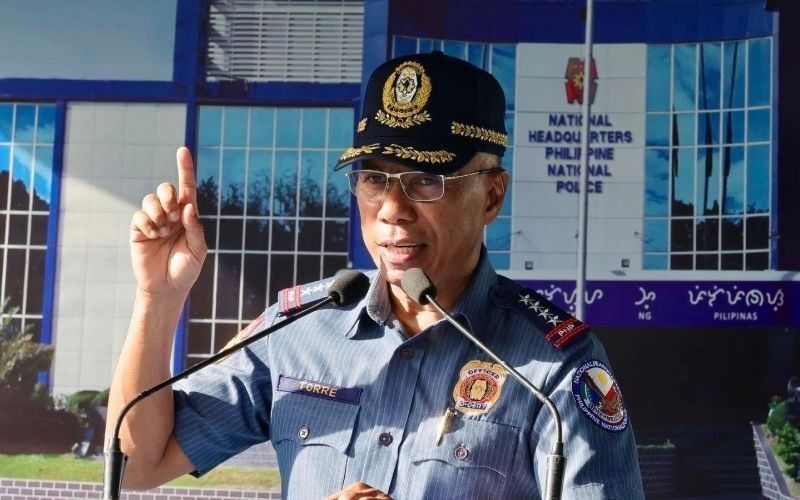
Upgrade to High-Speed Internet for only ₱1499/month!
Enjoy up to 100 Mbps fiber broadband, perfect for browsing, streaming, and gaming.
Visit Suniway.ph to learn
Cristina Chi - Philstar.com
June 16, 2025 | 6:52pm
MANILA, Philippines — Vice President Sara Duterte has defended the use of artificial intelligence to supercharge support for political figures like her, drawing a line only when the end product is sold for profit.
Duterte shared this during a press conference on Monday, June 16, where she was asked about Sen. Bato dela Rosa and her brother, Sebastian Duterte, sharing an AI-generated video supporting her against impeachment efforts.
She said: "Wala namang problema siguro sa pag share ng AI video in support sa akin basta hindi ginagawang negosyo."
(There probably isn't a problem with sharing an AI video in support of me as long as it’s not being used for profit.)
"Kumbaga if I were a social media account owner and gagawa ako ng AI to support a certain personality, wala namang problema doon dahil 'di ko naman sya ginagawang negosyo," Duterte said.
(In other words, if I were a social media account owner and I were to create AI to support a certain personality, there wouldn’t be a problem with that since I’m not making a business out of it.)
However, a 2023 study by disinformation and sociology researchers found that political influence operations work exactly by blurring the lines of commercial and non-commercial use of content— appearing organic and non-commercial even when they're part of organized, funded campaigns.
While it did not specifically focus on AI-generated content, the study, which examined the 2022 national elections, found that even political influencers who claim to work as "volunteers" and organic supporters still "monetize their political engagement through platform creator programs and other incentives, on top of other financial gains."
More critically, the study, published by Internews, showed that "anonymity is critical" in these operations, with "clients, intermediaries, and influencers themselves transact[ing] with various configurations of anonymity to evade risks, scrutiny, and regulation."
This means that what appears to be non-commercial, grassroots support – the type Duterte says is acceptable – can actually be part of sophisticated influence campaigns designed to look organic.
Already a scourge worldwide, AI-generated disinformation reached new heights during the Philippines' recent midterm polls, with sophisticated deepfakes and manipulated content targeting political figures across party lines.
A Tsek.ph analysis found that nearly a third of altered claims identified during the campaign period likely involved deepfake technology. One AI-generated deepfake flagged by a Tsek.ph partner involved the creation of a fake Mandarin speech by Duterte.
In general, the deepfakes were used to "tap into political divisions, invent foreign support, and exploit celebrity appeal to manipulate voter sentiment," according to the Tsek.ph analysis.
Dela Rosa ridiculed over fake video
Duterte's comments came after Dela Rosa drew criticism over the weekend for sharing an AI-generated video despite clear markers indicating it was fake.
The video showed depictions of students defending Duterte against impeachment, carrying both an #AI hashtag in the caption and a "Veo" watermark. Google created this watermark to make the videos more identifiable as AI-generated.
Dela Rosa shared the video with the caption: "Mabuti pa ang mga bata, nakakaintindi sa mga pangyayari. Makinig kayo, mga yellow at mga komunista!" (Good thing the kids understand what's happening. Listen up, you yellows and communists!)
When critics pointed out the video's inauthenticity, Dela Rosa dismissed them as trolls and said the message mattered more than whether it was AI-generated.
"Sabi ko kung AI man 'yan, may punto ang gumawa. Kung hindi 'yan AI, may punto ang mga bata na nagsasalita," he said. (I said, if that's AI, the creator has a point. If it's not AI, then the kids speaking have a point.)
Use of ChatGPT for "anti-Sara" scripts
In the same press conference, Duterte accused multiple unnamed firms of running paid campaigns against her family.
This comes after OpenAI, the organization behind generative AI chatbot ChatGPT, released a report that revealed a Philippine PR firm used its platform to generate thousands of pro-Marcos comments and anti-Duterte content, including repeatedly calling Duterte "Princess Fiona" from the Shrek movie series.
"Meron pang mga ibang kumpanya na alam namin na ganoon ang ginagawa nila at alam din namin na bayad sila (There are other companies that we know do the same thing and we also know that they are paid)," she said, claiming the efforts are meant to undermine her 2028 presidential ambitions.
No AI governance, laws
The Philippines has struggled to establish comprehensive AI governance in the absence of an actual law.
While the Department of Trade and Industry launched a National AI Strategy Roadmap in 2021 that prioritized economic development and infrastructure, dedicated AI legislation in the context of disinformation and social media has yet to materialize.
Several bills that sought to establish an AI bill of rights and to regulate its use and ability to influence electoral processes have failed to be passed in the 19th Congress. This means lawmakers have to refile bills once again under the 20th Congress.
The Commission on Elections only issued AI guidelines in September 2024 — months before the campaign period started in February.

 6 hours ago
1
6 hours ago
1



